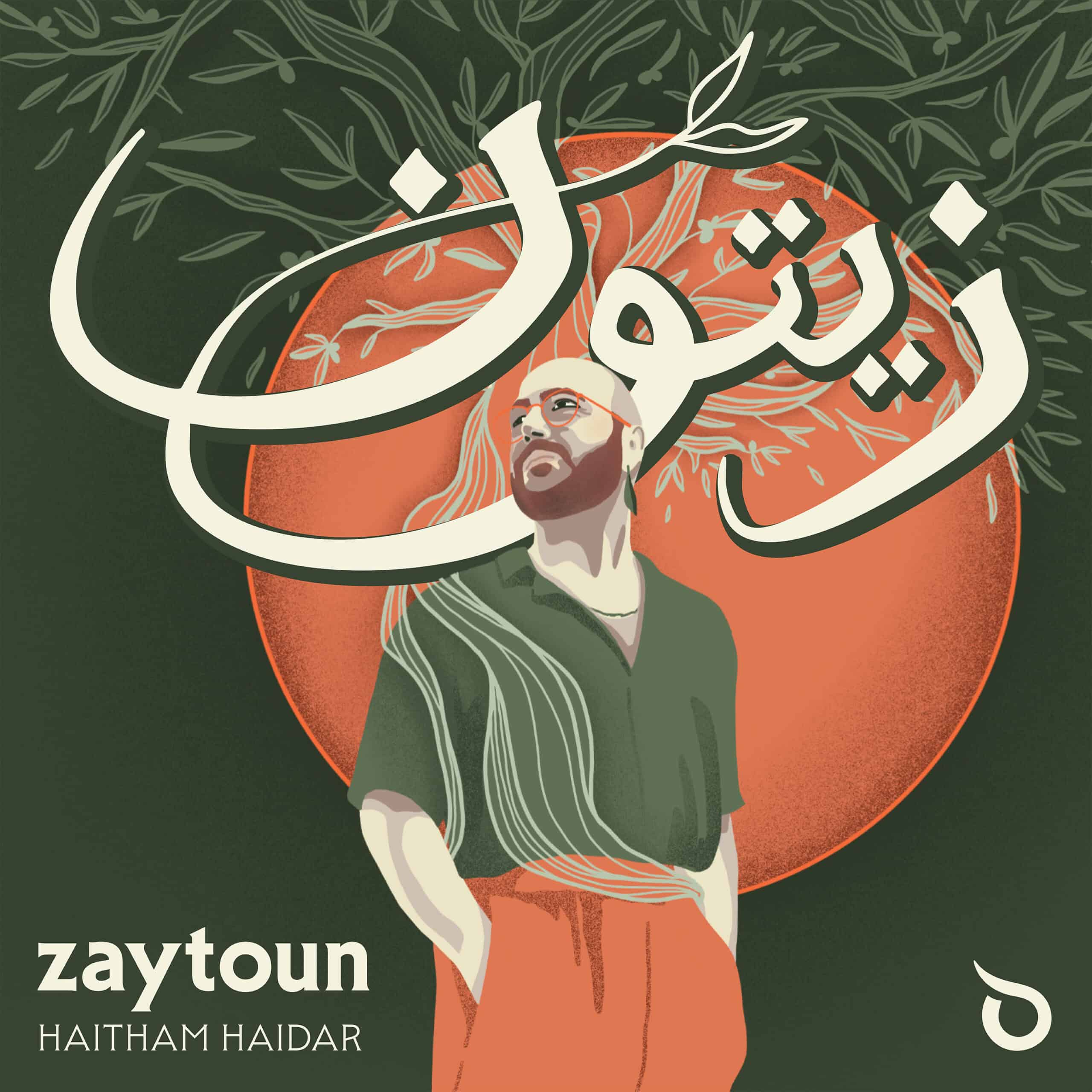BBC Music Magazine
In medieval Spain, musicians of Las Tres Culturas (‘the three cultures’) performed ‘Andalusian’ music, a form combining the traditions of Jews, Christians and Muslims which was extinguished when all Muslims were ethnically cleansed from 17th-century Spain. But that Andalusian style is being reborn today, thanks to musicians who have the patience to trawl for performance clues in the archives.
Zaytoun – the Arabic word for ‘olive’ – represents the boldest and cleverest attempt so far to recreate this happy musical amalgam. And it’s the brainchild of the Lebanese-Palestinian-Canadian tenor Haitham Haidar, who stars in almost every track. He grew up in a musical mix of cultures and here, interlaced with Arabic poetry and musical improvisations, is his reflection of that mix in a mingling of Monteverdi, Purcell and JS Bach with Arabic song.
He’s keen to tell us where he’s coming from, listening to Arabic music at home, studying in Western conservatoires: ‘Suddenly I felt lost. My voice felt lost. It didn’t know where it belonged… Zaytoun joins the heart and soul of my Arabic roots with my love and dedication to Baroque music.’ He hopes Zaytoun reminds us that ‘in our differences we are much alike.’ Listening to these 14 tracks, I feel he’s onto something important. His voice has an unmannered directness which goes straight to the heart, whether it’s in Monteverdi’s ‘Nigra sum’ or in the sweet simplicity of a paean to Jesus commonly sung in Arab churches on Good Friday. And with four top-flight instrumentalists led by Abdul-Wahab Kayyali, two very different musical worlds become a serene, seamless single one.
⭐️⭐️⭐️⭐️⭐️ – BBC Music Magazine Vocal Choice for October 2025
@divineartrecordingsgroup
A First Inversion Company
Registered Office:
176-178 Pontefract Road, Cudworth, Barnsley S72 8BE
+44 1226 596703
Fort Worth, TX 76110
+1.682.233.4978












